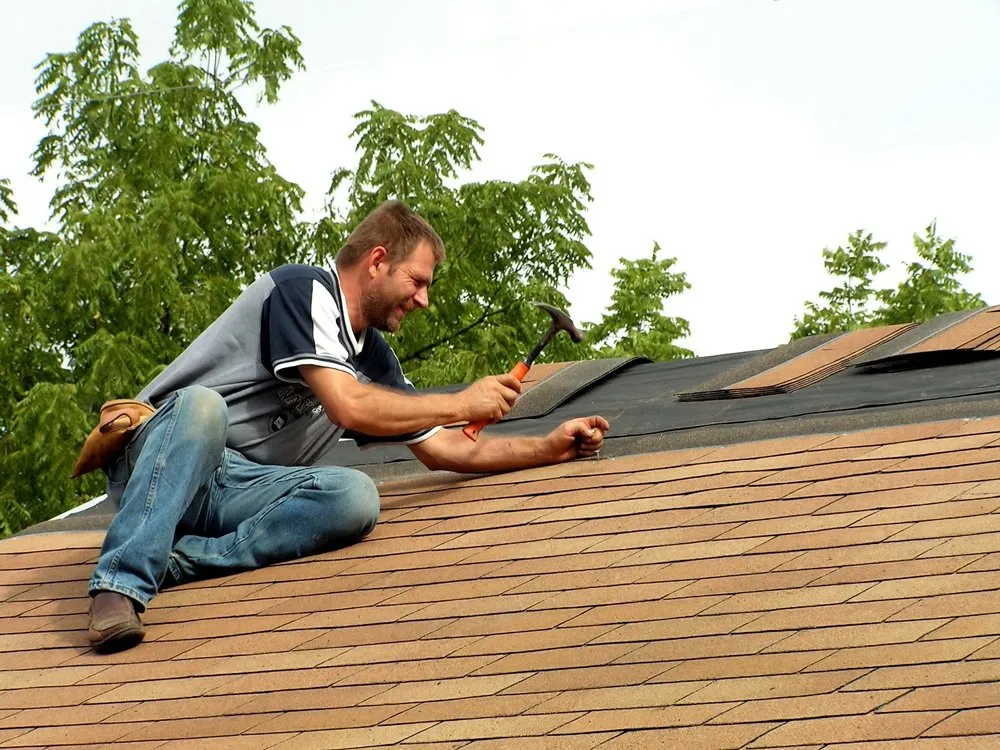Roof replacement is a significant investment for homeowners. While it’s an essential part of maintaining your home’s structural integrity, it can also be costly. Homeowners often wonder if there are tax benefits available for roof replacement expenses. In this article, we will explore whether you can claim your roof replacement on your taxes and what conditions might make you eligible for tax benefits.

Understanding Tax Benefits for Roof Replacement
Are Roof Replacement Expenses Tax-Deductible?
The IRS (Internal Revenue Service) does not typically allow you to deduct the entire cost of a roof replacement as a direct tax deduction. However, there are scenarios where you may be eligible for tax benefits related to your roof replacement. Let’s explore these scenarios in more detail.
1. Home Improvement vs. Repair:
The Distinction That Matters
When it comes to tax deductions, the IRS distinguishes between home improvements and home repairs. Roof replacement often falls into the category of home improvement. Unfortunately, home improvements are not typically deductible. Instead, their cost is added to the basis of your home, which can potentially lower your capital gains tax if you sell your home.
2. Energy-Efficiency Improvements:
A Unique Opportunity
While roof replacement itself may not be directly tax-deductible, certain energy-efficient improvements related to your roof might make you eligible for tax credits. These tax credits encourage homeowners to make environmentally friendly choices. For example, if you install energy-efficient roofing materials, such as solar panels or cool roofing systems, you may qualify for the Residential Energy Efficiency Property Credit or the Nonbusiness Energy Property Credit.
3. Home Office Deduction:
A Niche Benefit
If you have a home office and use part of your home for business, you may be eligible for a home office deduction. While this deduction mainly applies to office-related expenses, it might also encompass a portion of your roof replacement costs if your office is in need of roof repairs.
4. Casualty Loss Deduction:
In Cases of Disaster
In situations where your roof replacement is a result of a casualty loss, such as storm damage, you might be eligible for a tax deduction. The IRS allows homeowners to claim deductions for repairs related to events like hurricanes, floods, or other natural disasters.
5. Medical Necessity Deduction:
A Rare Exception
In unique cases, if you or a family member have a medical condition that necessitates specific modifications to your home, including your roof, you might be eligible for a medical necessity deduction. This typically requires certification from a medical professional and may allow for a portion of your roof replacement expenses to be deducted.
Conclusion: Roof Replacement and Taxes
A standard roof replacement is generally not tax-deductible, but there are exceptions. Investing in energy-efficient roofing or replacement due to qualifying circumstances like casualty losses, home office use, or medical necessity can yield tax benefits. Keep meticulous records, consult a tax professional, and stay updated on tax regulations. Understanding potential tax benefits can alleviate financial strain on your home improvement project. Consult a tax professional to determine your eligibility for specific roof replacement tax benefits.



Leave a Reply